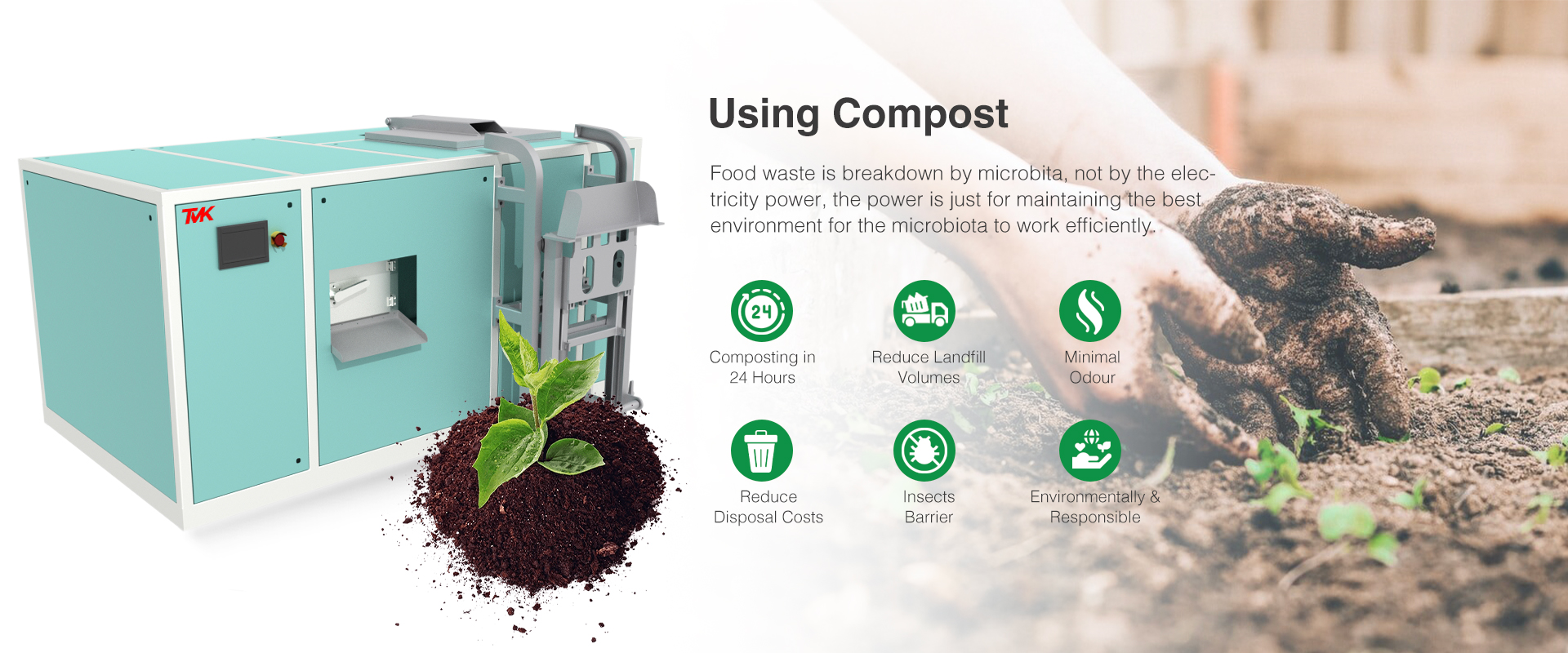In today’s environmentally conscious world, the management of organic waste has become a critical concern. With the rise of composting machines, there’s a growing opportunity to address this challenge effectively. These machines offer a sustainable solution to organic waste management, contributing significantly to environmental preservation.
What Are Composting Machines?
Composting machines are innovative devices designed to accelerate the natural decomposition process of organic waste. They come in various types, ranging from small-scale household units to larger industrial systems, each tailored to specific needs.
The Importance of Organic Waste Management
Proper management of organic waste is essential in combating the global waste crisis. By diverting organic waste from landfills, composting machines help reduce methane emissions and promote soil health through nutrient recycling.
Compostable vs. Biodegradable Packaging: Debunking the Myths
There’s often confusion between compostable and biodegradable packaging. While both aim to minimize environmental impact, their implications differ significantly. Compostable packaging undergoes a specific process to break down into nutrient-rich compost, while biodegradable materials may take longer to degrade and may not always result in beneficial compost.
The Role of Composting Machines in Sustainable Waste Management
TMK stands out as a pioneer in manufacturing organic waste converters, offering innovative solutions like the TMK Composter. These machines utilize sustainable microorganism-based technology to convert organic waste into nitrogen-rich compost efficiently.

Understanding TMK Composter
The TMK Composter is a fully automatic biomechanical composter renowned for its efficiency and sustainability. With features like an inbuilt hopper and digital display, it offers a seamless composting experience while reducing organic waste volume by up to 80%.
TMK Composter: A Popular Solution
The TMK Composter is another flagship product known for its sustainable technology and waste reduction capabilities. By converting organic waste into compost, it promotes circular economy practices and contributes to soil enrichment.
TMK Composter: A Compact Solution
For sectors with space and time constraints, the TMK Composter offers a compact yet efficient composting solution. With lower operating costs and faster composting times, it addresses the unique needs of various industries.
The Environmental Impact of Composting Machines
Composting machines are essential for mitigating greenhouse gas emissions by diverting organic waste away from landfills. Moreover, the compost produced acts as a natural soil conditioner, enhancing soil fertility and promoting plant growth.
Promoting Circular Economy Practices
By closing the loop on organic waste, composting machines contribute to a circular economy where resources are used efficiently and waste is minimized. This not only benefits the environment but also creates economic opportunities through the production of valuable compost.
Overcoming Challenges in Organic Waste Management
Despite the numerous benefits of composting machines, challenges remain in policy implementation and public awareness. It’s essential to address these hurdles through robust infrastructure, supportive policies, and community engagement initiatives.
Implementing Composting Solutions: Best Practices
To maximize the impact of composting machines, integration into existing waste management systems is crucial. Additionally, educating the public and fostering community involvement can help drive the widespread adoption of composting practices.
